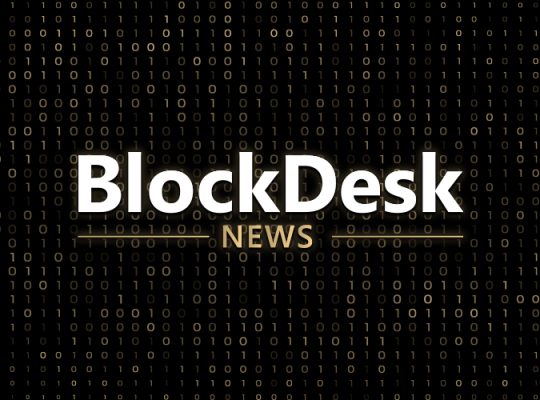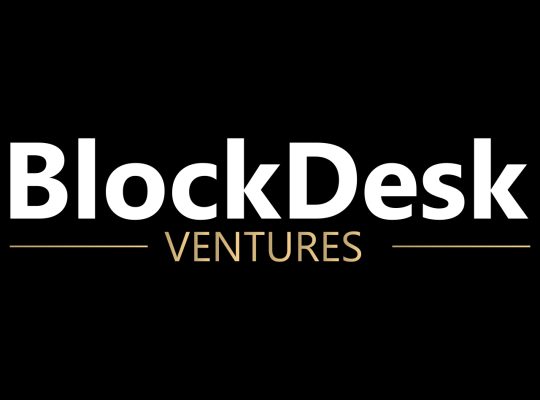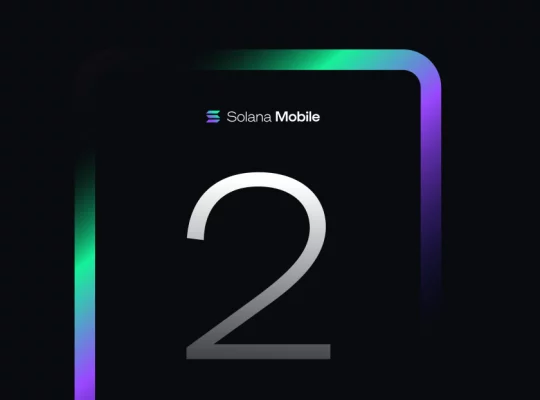As the Ethereum network continues to struggle with scalability issues and high gas fees, alternative solutions like the Pulse blockchain have emerged to alleviate these issues. Pulse was developed by Richard Heart, founder of the cryptocurrency HEX, and aims to provide a faster, more efficient and cost-effective platform for decentralized applications (dApps) and smart contracts. In this article, we will explore the key features, benefits, and potential drawbacks of the Pulse blockchain, as well as its impact on the Ethereum ecosystem.
Pulse Blockchain: An Overview
The Pulse blockchain is a layer 1 Ethereum fork designed to address some of the most pressing concerns facing the Ethereum network, such as network congestion, slow transaction times, and exorbitant gas fees. By leveraging a Proof of Stake (PoS) consensus mechanism and incorporating several innovative features, Pulse aims to offer a more scalable, user-friendly, and cost-effective alternative to Ethereum.

Key Features of Pulse:
- Proof of Stake (PoS) Consensus Mechanism: Pulse employs a PoS consensus mechanism, which offers several advantages over the initial Proof of Work (PoW) model used by Ethereum. PoS is more energy-efficient, less prone to centralization, and provides faster transaction validation.
- Pulse Token (PLS): The native cryptocurrency of the Pulse blockchain, PLS, is used to pay for transaction fees and incentivize validators to secure the network. PLS holders can also participate in governance decisions, influencing the future development of the Pulse ecosystem.
- Ethereum Fork: Pulse is an Ethereum fork, which means it inherits the Ethereum codebase and existing smart contracts. This compatibility allows developers to easily migrate their dApps and smart contracts from Ethereum to Pulse, benefiting from the latter’s enhanced performance and lower fees.
- Lower Gas Fees: By utilizing a PoS consensus mechanism and implementing various optimizations, Pulse significantly reduces the gas fees associated with transactions and smart contract interactions. This reduction in fees allows users to access dApps, DeFi platforms, and NFT marketplaces at a fraction of the cost of Ethereum.
- Increased Scalability: Pulse is designed to handle a much higher transaction throughput than Ethereum, enabling the network to process thousands of transactions per second (tps). This increased scalability helps alleviate network congestion and results in faster transaction times.
How Pulse Benefits Ethereum:
- Reducing Network Load: As more dApps, DeFi platforms, and NFT marketplaces migrate to Pulse, the transaction load on the Ethereum network will decrease. This reduction in network congestion should lead to lower gas fees and improved performance for users who remain on the Ethereum network.
- Complementary Solution: Pulse is not meant to replace Ethereum but to complement it by providing an alternative platform for developers and users. This complementary relationship allows Pulse to alleviate some of the pressure on Ethereum while also benefiting from the latter’s vast developer ecosystem and established user base.
- Encouraging Ethereum 2.0 Development: The emergence of alternative solutions like Pulse highlights the need for Ethereum to address its scalability and gas fee challenges. As a result, the Pulse blockchain will server serve as an additional catalyst for the ongoing development of Ethereum.
Potential Drawbacks of Pulse:
- Adoption and Migration Challenges: Despite its compatibility with Ethereum, Pulse still faces the challenge of convincing developers and users to migrate their dApps, smart contracts, and tokens to the new platform. It remains to be seen how successful Pulse will be in attracting a significant portion of Ethereum’s user base.
- Competition: Pulse is not the only blockchain platform seeking to address Ethereum’s challenges. Other layer 1 solutions, like Cardano and Solana, as well as layer 2 scaling solutions like Arbitrum
This article is written by BlockDesk News follow us on Twitter for the latest updates:

















